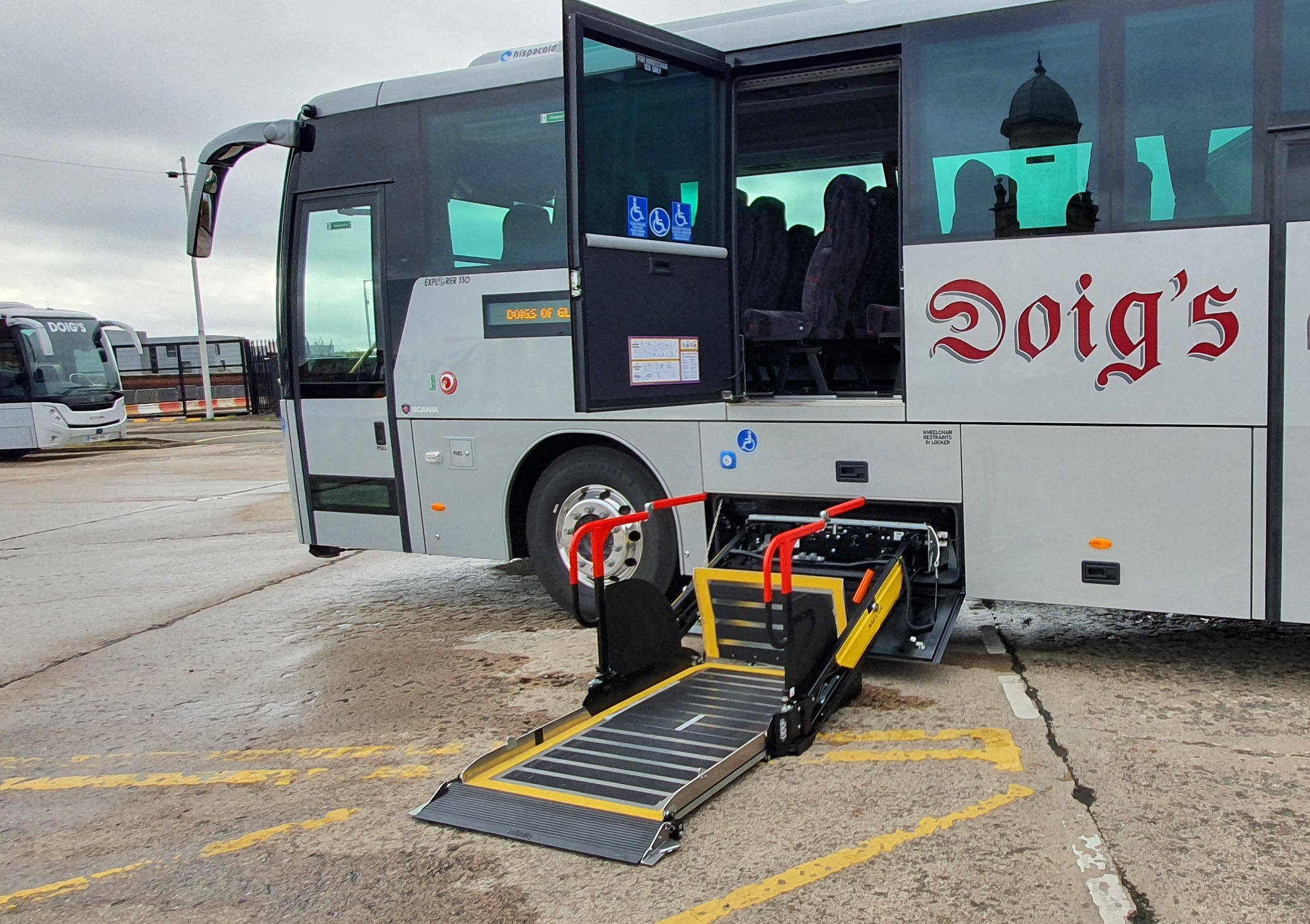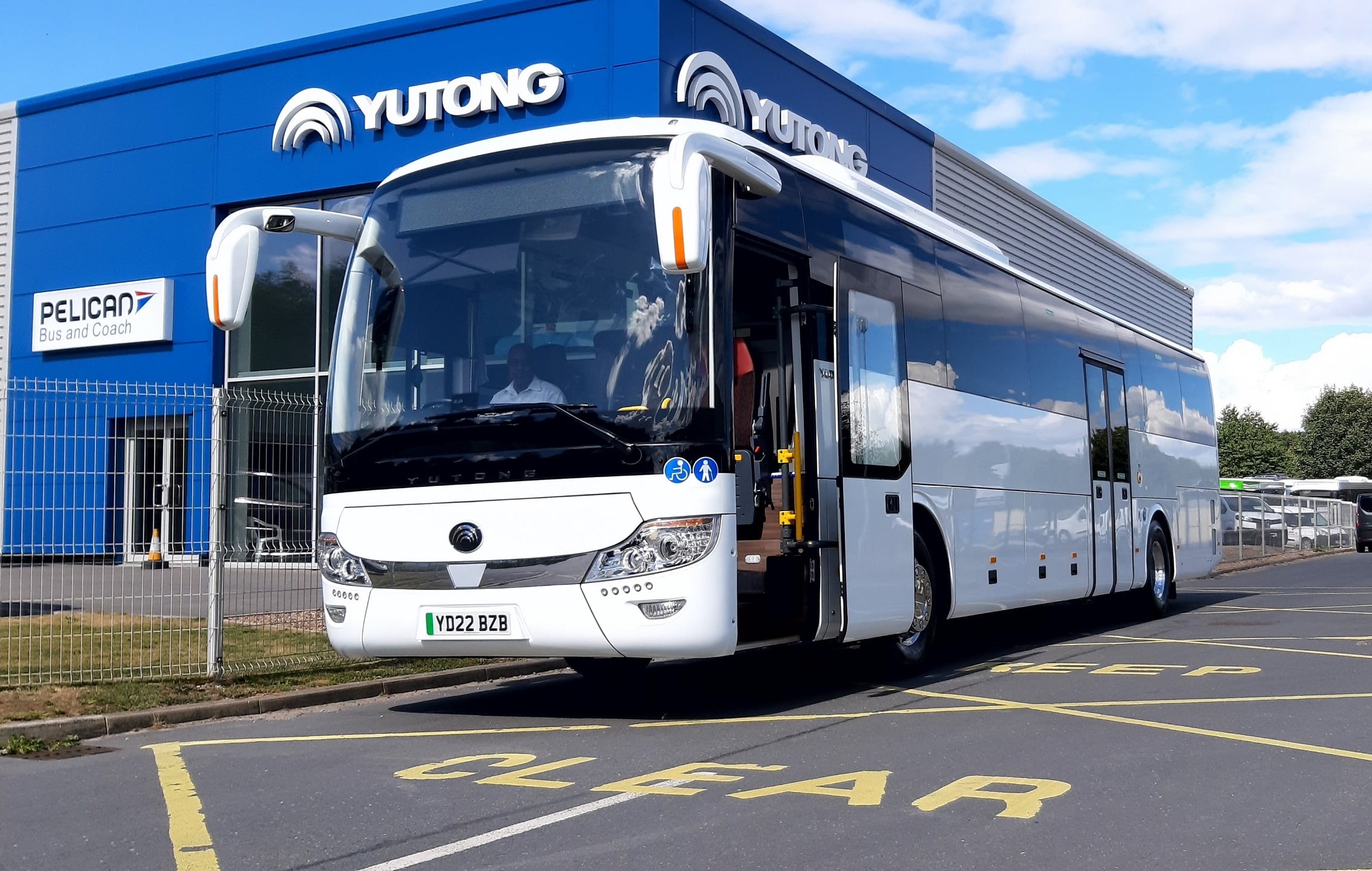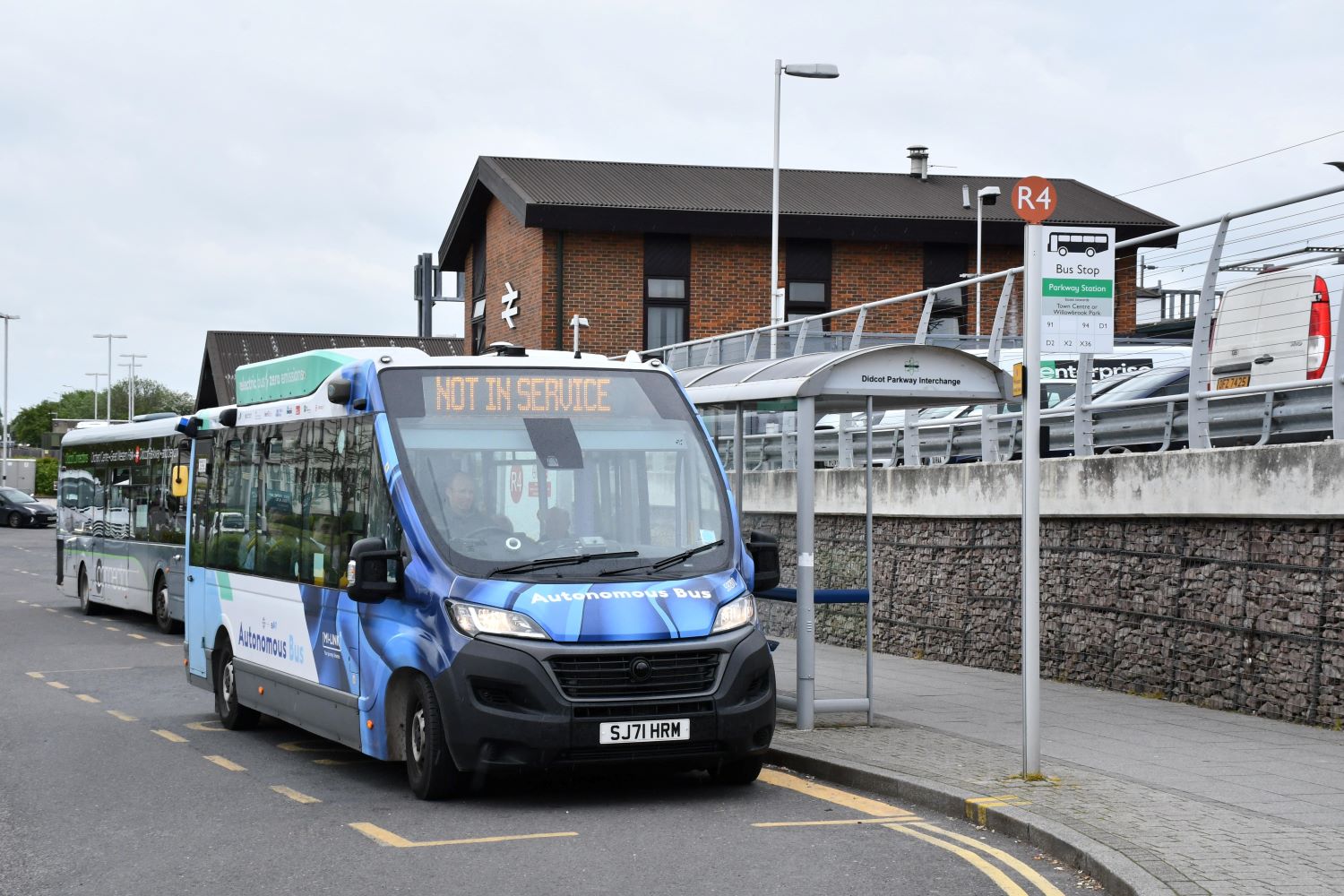The Department for Transport (DfT) published its keenly-anticipated call for evidence on the review of PSVAR on 12 June. It immediately drew claims from RHA that the rationale driving the review is flawed due to a continuing failure to address roadside infrastructure.
The evidence gathering exercise seeks to address gaps in DfT’s understanding of PSVAR by soliciting information on the current effectiveness, and the potential evolution, of the Regulations. It is central to the PSVAR review, which was announced over two years ago.
Unveiling of the extensive and wide-ranging call for evidence follows disclosure in late March that it was imminent. Under-Secretary of State for Transport Richard Holden has described it as “a significant opportunity to inform the government’s understanding of the accessibility of our public service vehicles” and encouraged responses.
Among objectives of the review are understanding how PSVAR may evolve to better meet disabled people’s needs, and identifying where policy development might be necessary so that future decisions around the Regulations are made with a better grasp of those; and understanding the perspectives of disabled people and operators and builders of PSVs.
To do that, the call for evidence seeks to understand the extent to which PSVAR has enabled disabled people to travel; investigate how passengers’ needs have changed since the Regulations came into force; explore how PSVs may evolve to better meet disabled people’s needs; and identify innovation in accessibility features, such as lifts on coaches.
Call for evidence shows change to PSVAR still a way off
As is customary in a call for evidence, phrasing and questions are broad-brush in the PSVAR document. Six sections are explored, with questions around each:
- Application of PSVAR
- Accessibility features of PSVs
- Approaches to regulation
- Decarbonisation and PSVAR
- Enforcement
- Roadside infrastructure, conduct and other issues.
While PSVAR in recent years has been primarily a concern for the coach industry, the call for evidence makes clear that potential amendment to how the Regulations are applied to buses is not off the table.
However, the government’s response to the call for evidence will not set out what, if any, alterations could be made to PSVAR. Rather, it is “an opportunity to gather evidence and identify where respondents think that change may be needed,” the paper says. “This will form the basis of further engagement and policy exploration.”
Complicated process lies ahead, document reveals
DfT cautions that should respondents indicate that they want to see change to PSVAR, various considerations must be borne in mind. Some amendments – such as to scope of the Regulations – could be achieved relatively easily via standard legislative processes.

Making other revisions would be more complicated. The call for evidence cites changes to accessibility features as an example of that.
With the exception of destination displays, all are regulated by UNECE Regulation 107 (UN 107). PSVAR may not “significantly diverge” from what is laid down there.
As a result, the UK would need to secure change to UN 107 before it could start to alter parts of PSVAR that are subject to those agreements. “Any proposed changes would require successful negotiation with the other signatories to UN 107. That will take time and the outcome is uncertain,” the call for evidence notes.
Any eventual proposals for change would be consulted upon. While challenging UN 107 clearly appeals little to the government, the call for evidence does not rule it out if the amendments are determined to be beneficial.
Scope of PSVAR services could be revised, evidence call notes
As the type and range of services that PSVAR applies to falls outside of UN 107, that opens the door to proposed amendments there following the review. Indeed, exploring the range of vehicles that PSVAR captures is cited as one of six focus areas of the work.
In something of a loaded question, the call for evidence presents a list of services that are currently out of scope of and asks those respondents who believe that the scope of PSVAR should be changed which of them should be brought under the Regulations.
Those listed include tour and charter services, along with vehicles with a capacity of 22 of fewer passengers. However, respondents may alternatively submit services that they believe should be removed from scope of PSVAR.
On decarbonisation, the promised section is included in the call for evidence, although the questions in that area are of little substance. Also posed are questions around whether the approach to enforcement should change.
Infrastructure considered at last – but with little conviction
In a notable change, the influence of roadside infrastructure on vehicle accessibility is mentioned in the call for evidence. Infrastructure “goes hand in hand” with delivering an accessible coach or bus service, although DfT notes that “it is not possible” for PSVAR to be extended to regulate infrastructure.

Nevertheless, as part of the evidence gathering, the Department wants to understand views on, and experiences of, that aspect.
“The feedback that we receive will be considered alongside research being undertaken… that explores the impact of roadside infrastructure on passenger convenience, safety, security and accessibility,” it adds.
That approach to infrastructure has drawn the ire of RHA. It has underlined a belief that the relevance of this area to PSVAR is not taken seriously enough by the government. While the trade body has welcomed the call for evidence, it believes that there are “widespread concerns that the underlying rationale driving the PSVAR review is flawed.”
Operators have also long argued that the Regulations overlook roadside infrastructure and the improvements needed to make coach and bus travel fully accessible, RHA says. It wants a shift away from vehicle design towards the customer and their journey.
Deadline for submissions to the call for evidence is 2345hrs on 4 September. They can be made online, via email or by post. A response from the government outlining the next steps for PSVAR will be published before the end of 2023.
View the full call for evidence document here.



























